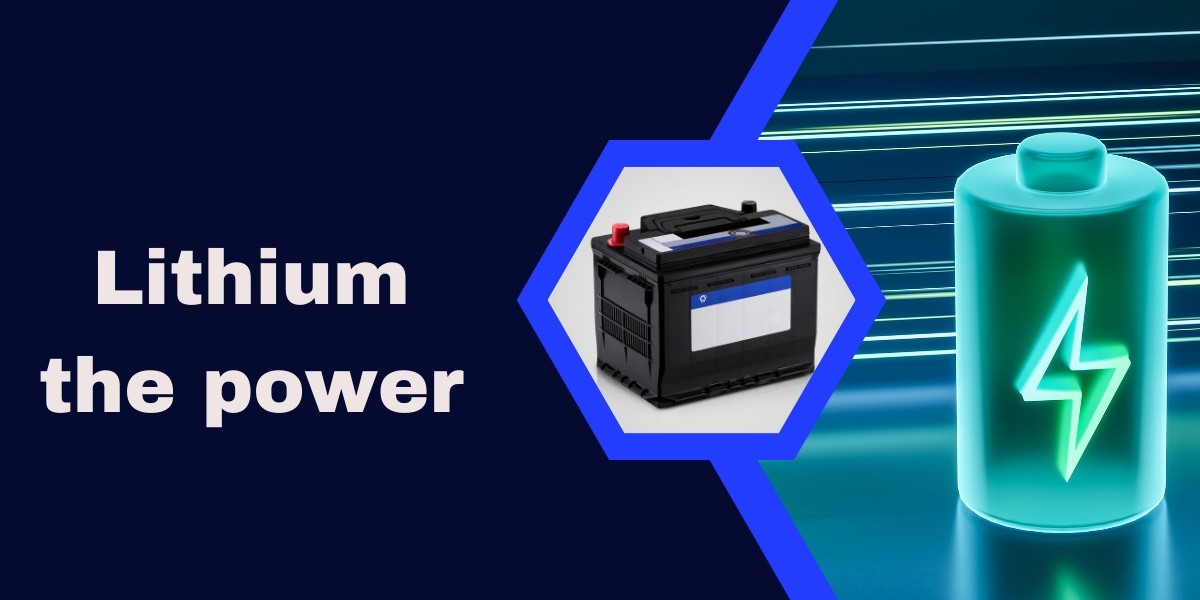Lithium, a soft, silvery-white alkali metal, is often called the "gold of the 21st century" due to its critical role in advancing technology and renewable energy solutions. Its unique properties make it indispensable in batteries, medicine, and various industrial applications. But what exactly is lithium, and why has it become so valuable?
What Is Lithium?
Lithium is a chemical element represented by the symbol "Li" and atomic number 3. It's the lightest metal and highly reactive, making it essential in several cutting-edge industries. Found in small amounts in rocks, mineral springs, and even the human body, lithium has numerous applications that impact our daily lives.
Here’s a quick overview of its key properties:
- Atomic weight: 6.94
- Melting point: 180.5°C
- Boiling point: 1,342°C
- Density: 0.534 g/cm³
Its light weight and electrochemical potential have made lithium one of the most in-demand elements worldwide.
Why Is Lithium So Important Today?
The growing importance of lithium stems from its unparalleled role in energy storage and modern technology. With the global shift toward clean energy, lithium-ion batteries have become critical components in electric vehicles (EVs), smartphones, and renewable energy systems.
According to a report by Bloomberg, global lithium demand is expected to rise by 500% by 2050 due to the proliferation of EVs and renewable energy initiatives.
Top Lithium-Producing Countries
The availability of lithium depends largely on mining operations and resource management. Countries with abundant lithium reserves include:
- Australia: The world’s largest producer of lithium, supplying over 50% of global demand.
- Chile: Known for its massive salt flats (Salar de Atacama), it holds nearly 60% of the world’s lithium reserves.
- China: Plays a significant role in refining lithium and producing batteries.
- Argentina: Part of the “Lithium Triangle,” which accounts for a significant portion of global production.
Lithium and Batteries: Powering the Future
One of the most revolutionary uses of lithium is in batteries. Lithium-ion batteries dominate industries due to their lightweight design, long life, and efficiency. These batteries power:
- Electric vehicles: Tesla and other EV manufacturers rely heavily on lithium-ion technology.
- Smartphones and laptops: Compact and rechargeable, these batteries are perfect for portable devices.
- Renewable energy storage: Solar and wind farms use lithium batteries to store surplus energy.
Advantages of Lithium-Ion Batteries
- High energy density
- Long battery life
- Fast charging capabilities
- Lightweight and compact
"Without lithium, the global transition to clean energy would be impossible," says Dr. John Goodenough, a Nobel laureate and pioneer in lithium battery research.
Lithium in Medicine: A Life-Saving Element
Did you know lithium is also used in medicine? Lithium compounds, like lithium carbonate, are vital in treating mood disorders such as bipolar disorder. They help stabilize mood swings and reduce the risk of suicide in patients.
Health Benefits of Lithium
- Reduces symptoms of depression and mania.
- Enhances brain plasticity and cognitive functions.
- Protects neurons from damage, potentially reducing the risk of Alzheimer’s disease.
According to the World Health Organization (WHO), nearly 2% of the global population benefits from lithium-based medications.
Environmental Concerns Surrounding Lithium Mining
While lithium is key to a sustainable future, its extraction raises environmental challenges. Mining operations can:
- Consume large amounts of water, especially in arid regions like the Lithium Triangle.
- Disrupt ecosystems and local wildlife.
- Generate waste and pollution.
Efforts are underway to develop more sustainable lithium extraction methods, such as direct lithium extraction (DLE), which reduces water usage.
How Lithium Compares to Other Metals
When it comes to batteries and industrial applications, how does lithium stack up against other metals?
| Property | Lithium | Cobalt | Nickel |
|---|---|---|---|
| Energy Density | High | Moderate | Moderate |
| Weight | Lightest Metal | Heavy | Heavy |
| Abundance | Relatively Rare | Rare | Abundant |
| Cost | Expensive | Expensive | Moderate |
This comparison highlights why lithium is the preferred choice for high-performance batteries.
The Future of Lithium
With ongoing advancements in technology, the applications of lithium continue to expand. Innovations in recycling and alternative sources, such as seawater extraction, promise to address supply challenges.
FAQs
What is lithium used for in everyday life?
Lithium is primarily used in batteries for electronic devices and electric vehicles. It is also used in medicine to treat mood disorders.
Why is lithium called a critical element?
Lithium’s role in energy storage, renewable energy, and EVs makes it indispensable for a sustainable future.
How is lithium mined?
Lithium is extracted from brine pools and hard rock mining. The process involves evaporation or chemical extraction.
Can lithium be recycled?
Yes, up to 95% of lithium in batteries can be recycled, reducing the need for new mining operations.
Which industries rely on lithium the most?
The automotive, electronics, and renewable energy industries are the largest consumers of lithium.
Is lithium safe to handle?
Lithium in its pure form is reactive and must be handled with care. However, it is safe when used in compounds or batteries.
Conclusion
From powering electric vehicles to stabilizing mental health, lithium is a truly transformative element. Its applications span technology, medicine, and clean energy, making it an essential resource for our future. However, sustainable practices must be prioritized to balance its benefits with environmental impact.








